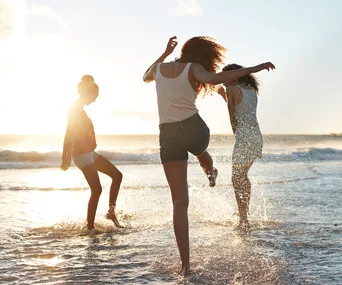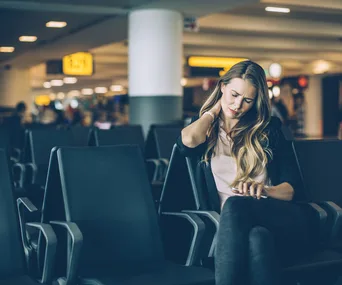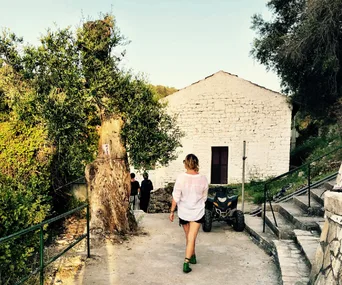“In the midst of winter, I found there was, within me, an invincible summer.”
These are probably the most famous words ever written by French philosopher and winner of the Nobel Prize for Literature, Albert Camus. But they could just as easily have come from a neuroscientist.
This is because recent brain research has found that memories of summer days, sunny holidays, adventures and distant lands all harbour an incredible force that we can use to our advantage.
They’re one of our memory’s best guarded treasures – when systematically activated, they brighten up dark days and can act like therapy.
Neuropsychologist Professor Lutz Jäncke explains why exactly holiday memories are so valuable.
Why do travel memories get so engrained in our mind?
The distinguishing feature of travel memories is that they are unusual, and generally differ greatly from our everyday experiences.
Everyday life is largely, though not exclusively, controlled by subconscious processes, meaning we’re no longer perceptive of the world around us, unless we’re specifically addressing important aspects.
Holidays are different. That’s when we’re free from everyday routine and can focus our cognitive resources on all the ‘peripheral’ things.
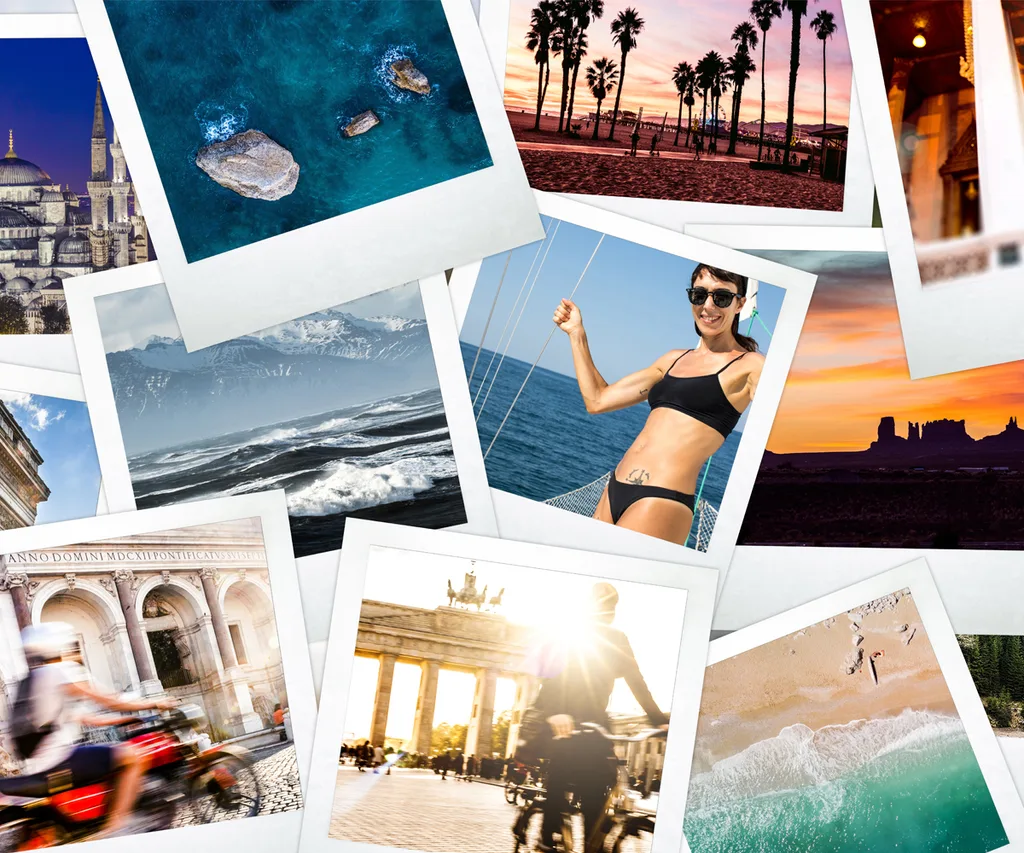
Getty
What things does memory focus on?
For example, we notice the rippling of the waves, enjoy the salty smell of the sea, and greedily breathe in the fresh air.
We consequently take in the wide range of information from our surroundings through all of the sensory channels available to us: sight, touch, smell, taste and hearing.
Whether it be certain smells, typical noises from a location, or the taste of exotic food, we weave these diverse holiday experiences into stories which become deeply engrained in our memory.
And the most remarkable thing about these memory episodes is that we’re able to retain them particularly well – a skill our brain has become a specialist in through the course of evolution.
When it comes to pure facts, on the other hand, it tends to have a bit more trouble remembering.
What do we remember from holidays?
It can vary greatly and depends on many individual needs. But one study found that many holidaymakers particularly remember experiences involving nature
While famous structures are also up there in terms of the hierarchy of holiday memories, they don’t constitute the favourite memories.
We’re also good at remembering special social contacts made during our holidays. These could be anything from interactions with locals to romantic liaisons.
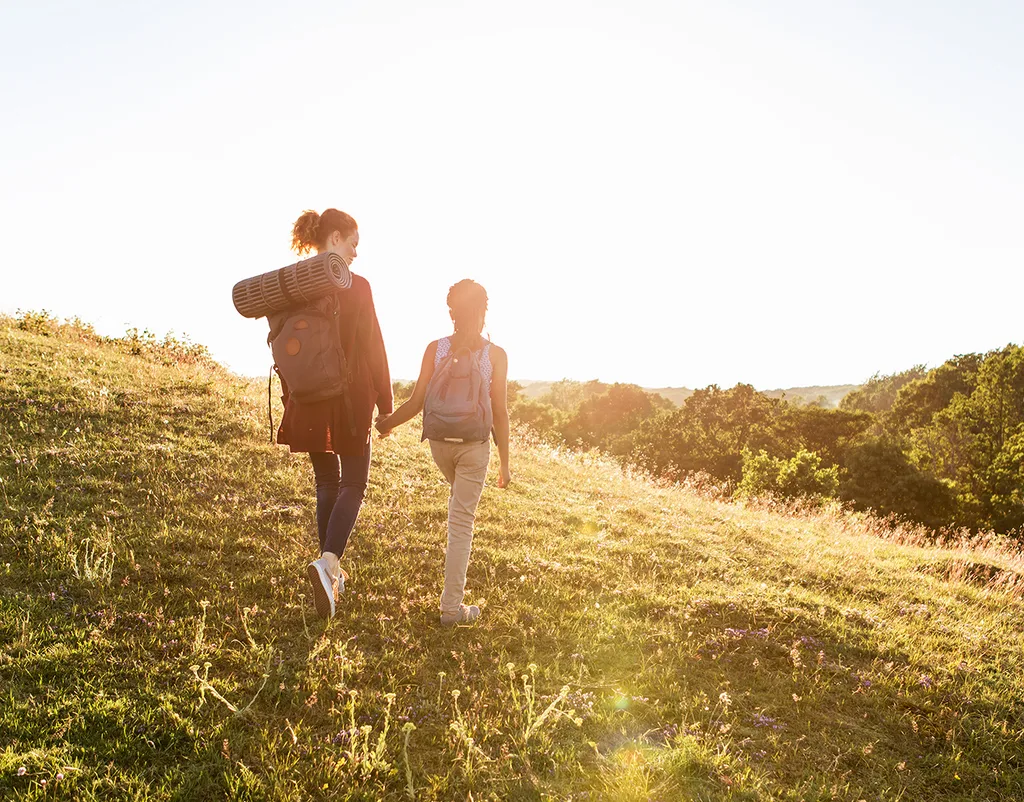
Holidaymakers particularly remember experiences involving nature. (Image: Getty)
Can a trip change us?
We can sum up the importance of memory with the phrase, “We are what we remember about our life.” Or more concisely – “We are our memory”.
As holiday memories make up a large part of this, they are key to our personality development.
Apart from that, holiday experiences can expand our knowledge and teach us to see the world from different perspectives. In this respect, holiday memories are crucial to our personality development.
Why do we take so many photos when travelling?

Getty
The main reason is probably the subconscious fear of forgetting.
Remember that, when on holiday, people are often captivated by objects or natural events they don’t see or experience in their everyday life. These moments are so unique and important that we almost want to put them on record.
It’s basically like something virtual to hold onto after the event, as a way of absorbing it.
You could also say we ‘collect’ the event and make it part of our own inventory.
This process can happen completely subconsciously, indeed impulsively. But there are some moments we also want to consciously ‘process’, because they overwhelm us or because we attach particular importance to them.
Why do we hardly ever remember the negative experiences from our holidays, such as traffic jams?
On the one hand, because when we’re on holiday, we’re generally not at risk, our lives are generally not in danger, and our ‘fear mode’ has virtually been switched off.
On the other hand, the memory is primarily taken up with pleasant and positive information.
You could also say that the sheer volume of positive holiday experiences leaves hardly any room for unpleasant memories.
How can I access these important memories within me again?
The best way to do it is by initially focusing on key stimuli from the holiday.
Based on these key stimuli, you can then ‘dig up’ specific parts of memories from holidays until the complete holiday story is formed.
In addition to pictures, souvenirs and videos, key stimuli can also include conversations with friends and acquaintances about events from your holiday.
You don’t necessarily have to share the exact same experiences. Roughly similar experiences will suffice to bring back those supposedly buried memories.
The neurological basis for this is as follows: imagine the information is stored in our memory system like a kind of network.
If part of this network is remembered – ie activated – other parts of the network become activated too.
First it’s the ‘memory nodes’ that are directly adjacent to the memory you want to remember, then it’s the more distant ones.
The further the respective nodes are from the consciously remembered ‘memory nodes’, the less they are activated.
In this way, you can move from one memory to those lying deeper and deeper – and relive those wonderful memories from your travels.
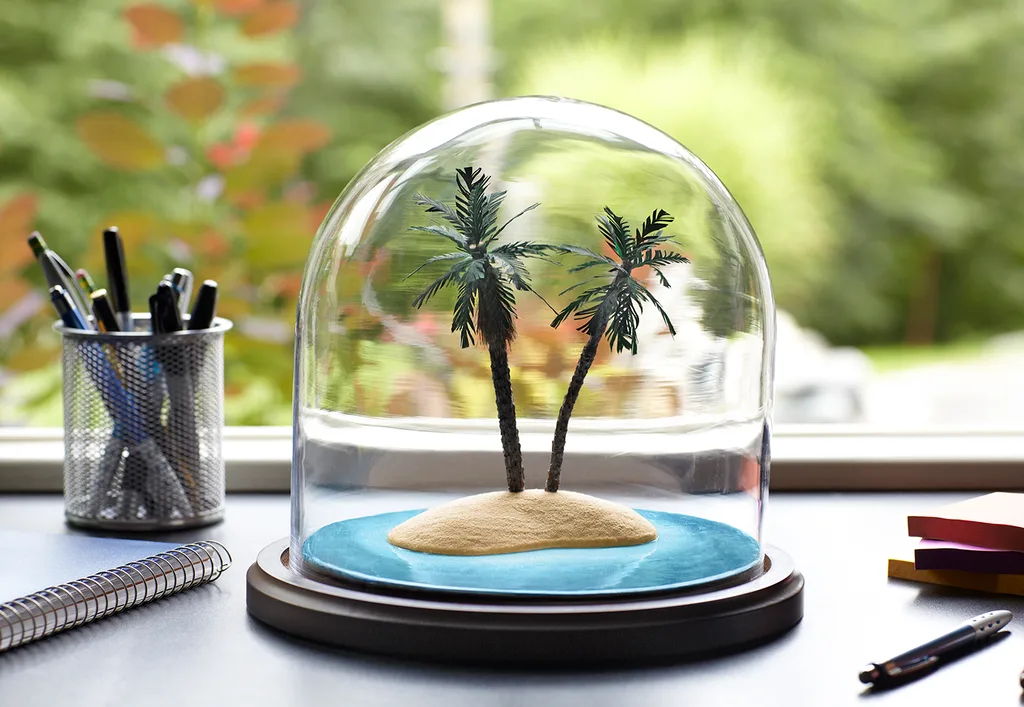
Getty
6 ways to have a healthy holiday
1. Spend time in nature
Research has found that we should spend as much of our holidays as possible in nature, and Swedish psychologist Terry Hartig says that a nature walk is more restorative for the body and mind than a city stroll.
2. Make short trips often
Studies conducted by psychologist Jessica de Bloom suggest we go on multiple shorter getaways rather than one big annual holiday.
This is because rest and relaxation peak after a week of time-out, while the second and third week away don’t bring any notable further improvement.
3. Take precautions not to get ill while away
A study of some 60,000 patients by the University of Zurich found while men are more likely to suffer from malaria and other fevers, for women it’s primarily diarrhoea or respiratory infections.
4. Enjoy the anticipation
Researchers from the University of Surrey have found that our mood starts lifting even before the trip.
Just planning a holiday makes us happier overall and helps us view our family and health in a more positive light.
5. Take care on your return home
The restorative effect of your holiday can disappear as soon as two weeks after your return and “we find ourselves just as stressed as before,” says Carmen Binnewies, professor of occupational psychology.
Depending on your workload, this can take as little as one week.
5. Prepare for the back-to-work blues
The first day back at work after a holiday can definitely be depressing. Psychologists call this ‘post-holiday syndrome’ or ‘post-holiday depression’.

For more great read like this, pick up the lastest issue of Good Health & Wellbeing magazine, on sale now.
.jpg?resize=720%2C405) Getty Images
Getty Images

